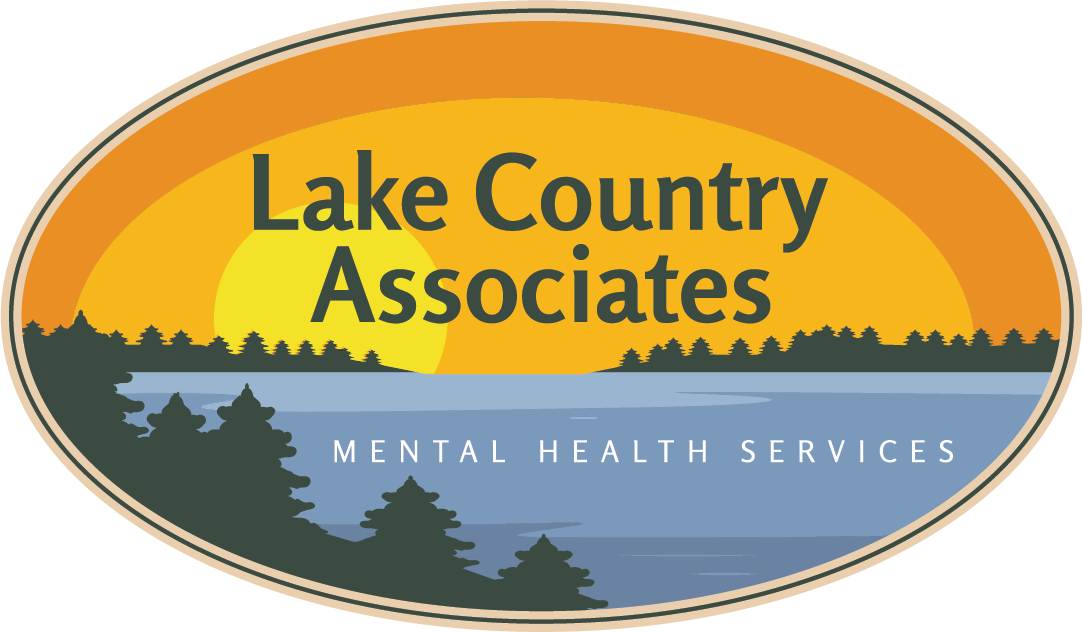There are times when our thoughts run away with us, taking us to the past or to a possible imagined future. Typically there is a trigger, sometimes something we don’t even recognize. Maybe something that reminds us of what happened back in 2nd grade and then our minds are reminding us of all the other times we felt the same way, when we had similar negative emotions or we fear experiencing the emotion moving forward. Once this happens,  our minds seem to take control and the longer we allow our brains to ruminate on the thoughts that are surfacing, the longer we have to live with the emotional response that is caused by those thoughts. Our bodies react physically and our brain floods with chemicals. In some types of mental illnesses, it is the lack of certain chemicals which causes the problems and medication management is needed, but we can still utilize coping skills. I talked about PTSD (read here) a couple posts ago. PTSD symptoms are often triggered by an event or memory which creates physical, mental, and emotional symptoms that are difficult to control. PTSD is an extreme example of our minds taking us on a ride. When we have a chemical reaction, coping skills help redirect our minds to focus on something else and that in turn allows our bodies to decrease or stabilize the chemicals that were taking us on a mental trip we didn’t sign up for. Often 20 minutes of diverting our attention by using coping skills is enough time to settle our physical reactions and allows us to calm ourselves.
our minds seem to take control and the longer we allow our brains to ruminate on the thoughts that are surfacing, the longer we have to live with the emotional response that is caused by those thoughts. Our bodies react physically and our brain floods with chemicals. In some types of mental illnesses, it is the lack of certain chemicals which causes the problems and medication management is needed, but we can still utilize coping skills. I talked about PTSD (read here) a couple posts ago. PTSD symptoms are often triggered by an event or memory which creates physical, mental, and emotional symptoms that are difficult to control. PTSD is an extreme example of our minds taking us on a ride. When we have a chemical reaction, coping skills help redirect our minds to focus on something else and that in turn allows our bodies to decrease or stabilize the chemicals that were taking us on a mental trip we didn’t sign up for. Often 20 minutes of diverting our attention by using coping skills is enough time to settle our physical reactions and allows us to calm ourselves.
Coping skills are the tools to use to deal with emotions that are difficult to handle and can help us focus or divert our attention so that our emotions don’t get too big or overwhelming. When using coping skills we are able to divert our minds from remembering the past, to help address difficult situations in the moment or stop worrying about future “what ifs” that may be keeping us from enjoying our life. There are many types of coping skills and this month I want to continue focusing on grounding. Grounding is a technique where you control your thoughts by focusing your mind on a specific train of thought (mental) or your senses on the real world (physical). When used consistently and effectively, grounding will help to change or calm your emotional state. If you’d like to read about mental grounding skills then please start by reading here but here I would like to spend time on physical grounding.
Why Use Physical Grounding Skills?
Physical grounding skills use our five senses or the world around us to focus. Since many triggers come through our senses, physical grounding helps to move our thoughts to the moment. That focus on something real allows our thoughts to dissipate and our emotions to come back down to a tolerable level or a level that doesn’t feel so all encompassing or overwhelming. We can then move on if that is appropriate or gather strength to deal with the situation at hand. The worst thing for effective problem solving is too many emotions. Remember, our emotions are important as they are telling us something about ourselves and the moment we find ourselves in but too high of an intensity of an emotion gets in the way of dealing with the message appropriately. If it is a current or an immediate situation, taking a mental break and grounding ourselves gives a bit of emotional calm which in turns allows our brains to use our problem solving skills so we can see the situation realistically.
Physical Grounding Skills
Physical grounding uses our senses and our bodies to focus our attention on our environment to help us cope. It is recommended to create a list to use in the moment when it is hard to think of all the options at your disposal. Here are some suggestions.
Let’s start our list with using our 5 senses:
- Name 5 things that you see
- Name 4 things you feel with your body (back of chair, warmth of a ring, fabric)
- Name 3 things you can hear
- Name 2 things you can smell or wish you could smell (baked goods)
- Name 1 thing you can taste (a memory of a taste or putting something small to taste in your mouth)
Pet an animal (very soothing). Focus on the feel of their fur under your hand, between your fingers, the softness or roughness, the rate of their breathing, etc.
Stretch. Fully reach, bend and move, or if limited because of where you are, stretch your arms, stretch your legs out if sitting, roll your neck.
Hold a pillow, stuffed animal, blanket, or even hug yourself. Sense the object in your arms, feel how you can squeeze it.
Run water over your hands, pay attention to how it feels flowing over you. Use hot or cool water or vice versa to heighten the awareness. You can also take a shower and focus on the water hitting you, washing over you, the warmth or coolness encompassing you.
Have an object that you can manipulate. Not long ago, river stones were very popular because of how smooth and cool they felt, but you can also have an object that you can manipulate like a paper clip or fidget. Focus on really noticing that object.
Touch various objects. Notice the smoothness and coolness of the desk, the texture of your clothing, the feel of a pen or pencil, the bumps of the phone cord, etc.
Notice your body. The weight of your body in the chair, focus on your feet how they feel, you hands, can you feel each finger?
This list is not complete and next time we will go over a few more. Practice the ones that sound interesting to you and see how they work. The important thing to do is to put your whole focus on what you’re doing. Draw your attention to it fully. Really notice the sensations while letting your other thoughts drift away. Keep your focus on the coping skill of your choice until you know you are past your emotional moment and can relax and address the issue that has triggered your emotional situation.
What’s the Next Step?
Follow us on Facebook to see when the next blog is posted, or check back here.
Coping skills are a tool that can help you help yourself with difficult emotions in the moment. For some individuals, more help is needed by a trained mental health counselor who can provide guidance on the best approaches for you. If you need more help, we’re here for you. To schedule a counseling appointment, call us at 218-366-9229 (Park Rapids) or 218-444-2233 (Bemidji). For those interested, I offer Christian counseling out of the Park Rapids office. Please let our office support staff (and me) know that you are interested in Christian counseling. Learn more about LCA clinical staff here.
Blessings,
Diane Cerven, LPCC
Missed reading about using distraction skills as a coping skill, catch up
Want to know about Mental Grounding Skills
